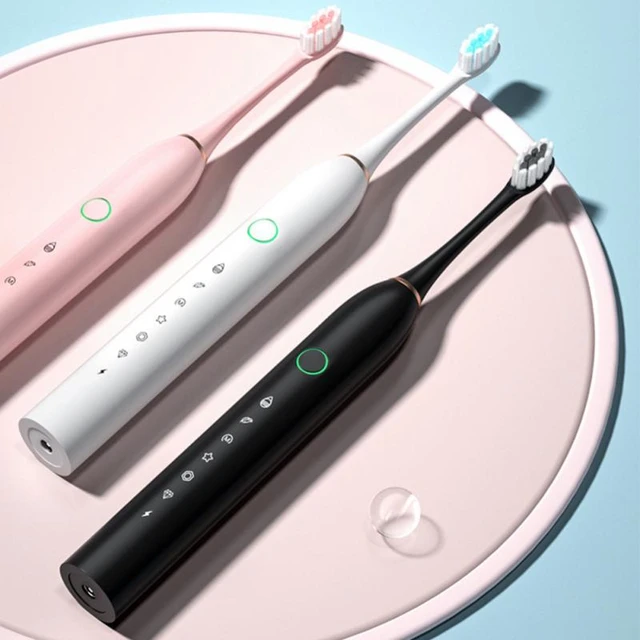Introduction:
The debate between using an electric toothbrush versus a manual toothbrush has been ongoing. While both options can effectively clean your teeth, electric toothbrushes offer several advantages that make them a popular choice among oral care professionals and individuals seeking optimal oral hygiene. In this guide, we will explore the benefits of using an electric toothbrush over a manual toothbrush. By understanding these advantages, you can make an informed decision about which type of toothbrush is best for your oral health needs.
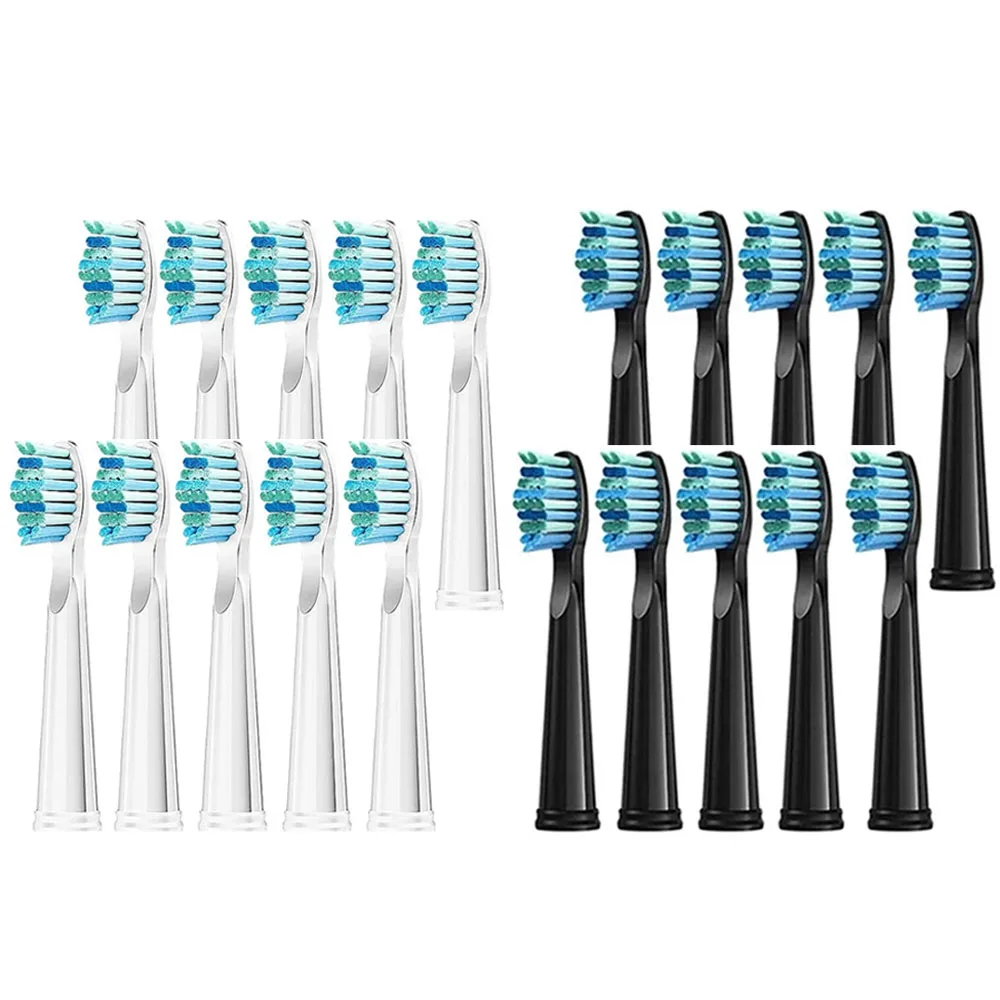
Why is electric better than manual toothbrush?
Superior Plaque Removal:
One of the primary advantages of electric toothbrushes over manual toothbrushes is their superior plaque removal capabilities. Electric toothbrushes typically have advanced technologies, such as rotating oscillating, sonic, or vibrating motions, which can provide more consistent and thorough cleaning compared to manual brushing. The bristles of an electric toothbrush move at high speeds and cover a larger surface area, helping to dislodge plaque and bacteria from teeth and along the gumline. This advanced cleaning action can lead to improved oral hygiene and a reduced risk of dental issues such as cavities and gum disease.
Enhanced Efficiency and Time-Saving:
Using an electric toothbrush can save you time and effort during your oral care routine. The rapid movements and automated brushing action of an electric toothbrush mean that you don’t have to manually perform the brushing motion yourself. This can be especially beneficial for individuals with limited manual dexterity or those who struggle with proper brushing technique. Electric toothbrushes often come with built-in timers or indicators that ensure you brush for the recommended two minutes, helping you maintain a consistent and effective brushing routine.
Improved Accessibility and Ease of Use:
Electric toothbrushes offer enhanced accessibility and ease of use, making them suitable for a wide range of individuals, including children, the elderly, and those with physical limitations. The ergonomic handles of electric toothbrushes are designed for comfortable grip and control, allowing for easy maneuverability and access to hard-to-reach areas in the mouth. Additionally, electric toothbrushes come in different sizes, shapes, and brush head options to accommodate specific oral care needs, such as orthodontic appliances or sensitive gums.
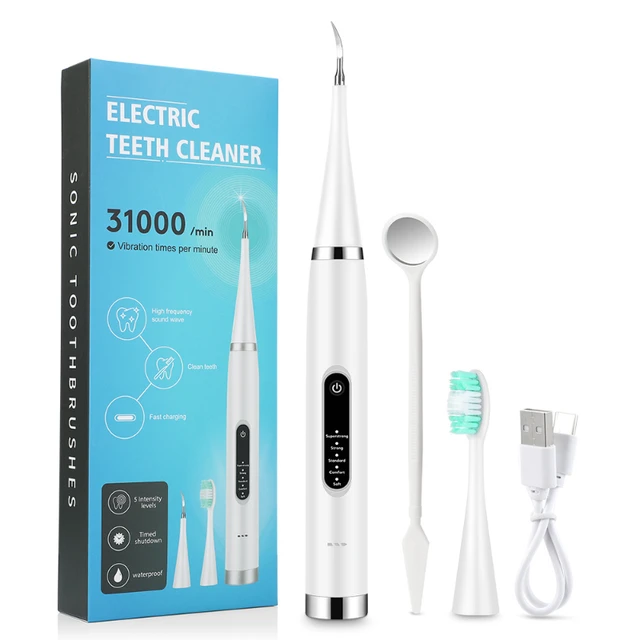
Gentle on Gums and Tooth Enamel:
Proper brushing technique is crucial to avoid causing damage to your gums and tooth enamel. Electric toothbrushes can provide a gentle yet effective cleaning experience. The advanced technologies used in electric toothbrushes, such as sonic vibrations or rotating oscillations, help to dislodge plaque and bacteria without aggressive brushing motions. Additionally, some electric toothbrush models include pressure sensors that alert you if you’re applying too much force, preventing potential gum damage. This gentle approach helps maintain gum health and protect the tooth enamel, ultimately contributing to long-term oral health.
Motivation and Compliance:
For some individuals, using an electric toothbrush can provide increased motivation and compliance with their oral care routine. The automated brushing action and the feeling of a thorough clean can make brushing more enjoyable and satisfying. Many electric toothbrushes come with built-in features like timers, quadrant alerts, or smartphone apps that provide feedback and motivation during brushing. These features can encourage individuals to brush for the recommended amount of time and maintain a consistent oral care routine, leading to better overall oral health.
Dental Professional Recommendations:
Oral care professionals often recommend electric toothbrushes for their patients due to their superior cleaning capabilities and the potential for improved oral health outcomes. Many studies and clinical trials have demonstrated the effectiveness of electric toothbrushes in reducing plaque, improving gum health, and preventing dental issues. Dental professionals can provide personalized recommendations based on an individual’s specific oral health needs, helping them choose the most suitable electric toothbrush for their circumstances.
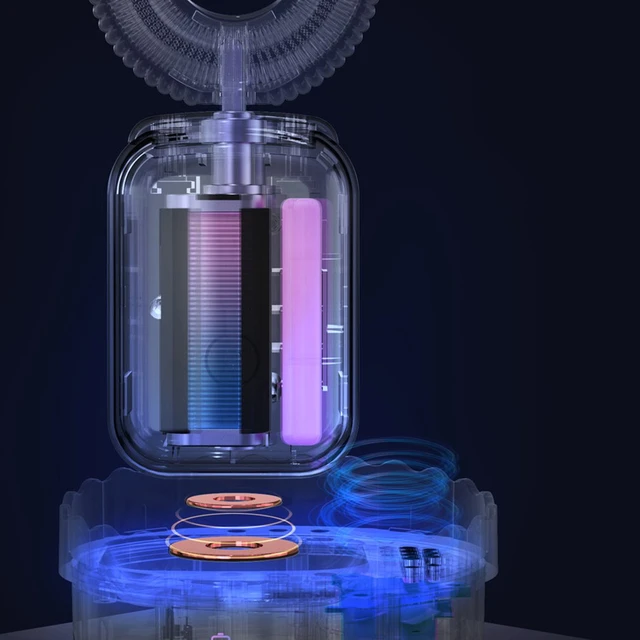
Long-Term Cost-Effectiveness:
While electric toothbrushes may have a higher upfront cost compared to manual toothbrushes, they can offer long-term cost-effectiveness. Electric toothbrushes often come with rechargeable batteries, meaning you only need to replace the brush head periodically. Replacement brush heads are typically more affordable than purchasing a new manual toothbrush every few months. Additionally, the improved cleaning capabilities of electric toothbrushes can lead to better oral health, potentially reducing the need for costly dental treatments in the future.
Personal Satisfaction and Confidence:
The use of an electric toothbrush can contribute to personal satisfaction and confidence in your oral care routine. The thorough clean and improved oral health outcomes associated with electric toothbrushes can give you peace of mind, knowing that you’re taking optimal care of your teeth and gums. This can lead to increased confidence in your smile and overall oral health, making electric toothbrushes a valuable investment for your well-being.
Customization and Advanced Features:
Electric toothbrushes often come with a variety of customization options and advanced features that can enhance your oral care routine. These features may include different brushing modes, such as sensitive, whitening, or gum care, allowing you to tailor your brushing experience to your specific needs. Some electric toothbrushes also offer connectivity to smartphone apps or built-in sensors that provide real-time feedback on your brushing technique, helping you improve your oral hygiene habits. These advanced features can take your oral care routine to the next level and contribute to better overall oral health.
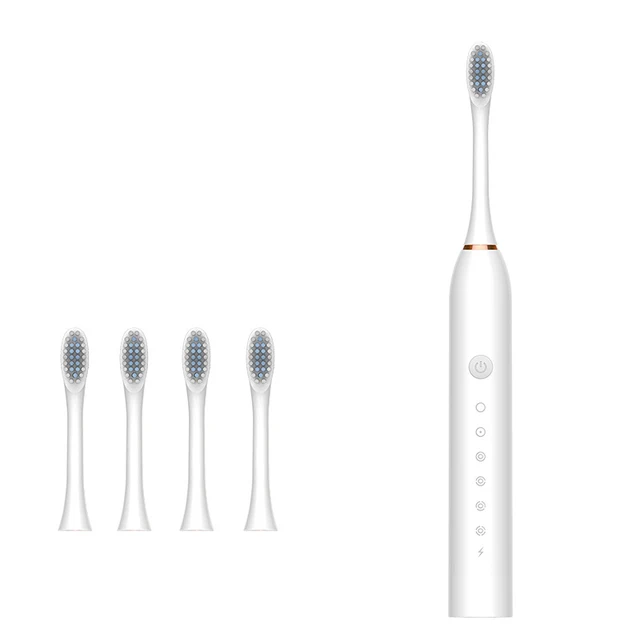
Environmental Considerations:
From an environmental standpoint, electric toothbrushes can be more sustainable compared to manual toothbrushes. With an electric toothbrush, you only need to replace the brush head, which is typically smaller and generates less waste compared to disposing of an entire manual toothbrush every few months. Additionally, many electric toothbrushes feature rechargeable batteries, reducing the reliance on disposable batteries and minimizing environmental impact.
Versatility for Travel:
While manual toothbrushes are generally more compact and easier to travel with, many electric toothbrushes offer travel-friendly features and accessories. Some models come with travel cases, USB charging options, or compact charging bases, making it convenient to bring your electric toothbrush on trips. This versatility allows you to maintain your oral care routine even when you’re away from home.
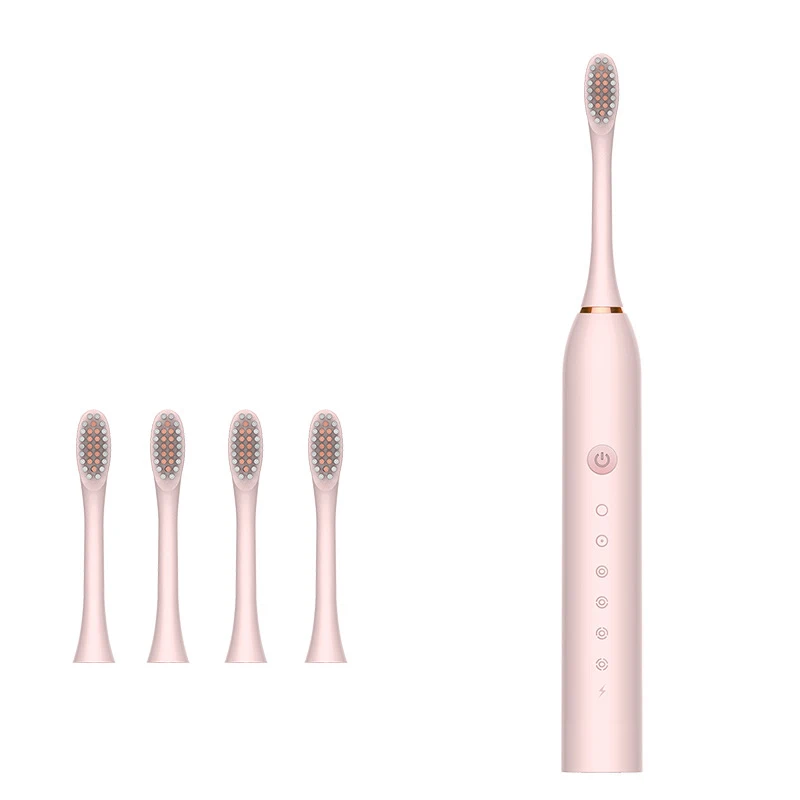
Conclusion:
Electric toothbrushes offer several advantages over manual toothbrushes, including superior plaque removal, enhanced efficiency, improved accessibility, and ease of use. They are gentle on gums and tooth enamel, providing a thorough clean without aggressive brushing motions. Electric toothbrushes can increase motivation and compliance with oral care routines while receiving recommendations from dental professionals. They offer long-term cost-effectiveness by requiring only periodic replacement of brush heads. Using an electric toothbrush can contribute to personal satisfaction and confidence in maintaining optimal oral health. Considering these benefits, it becomes clear that electric toothbrushes are a valuable tool in achieving and maintaining excellent oral hygiene.

